Our team
Coordinator
Research Center “E. Piaggio”, University of Pisa (UNIPI)
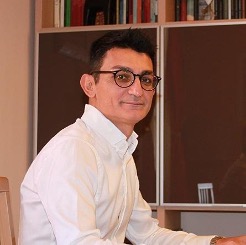
Full Professor in Bioengineering at the Dpt. of Information Engineering
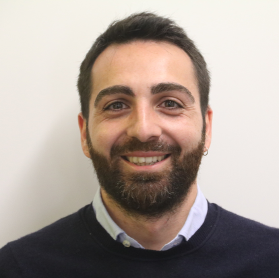
Associate Professor in Bioengineering at the Dpt. of Information Engineering
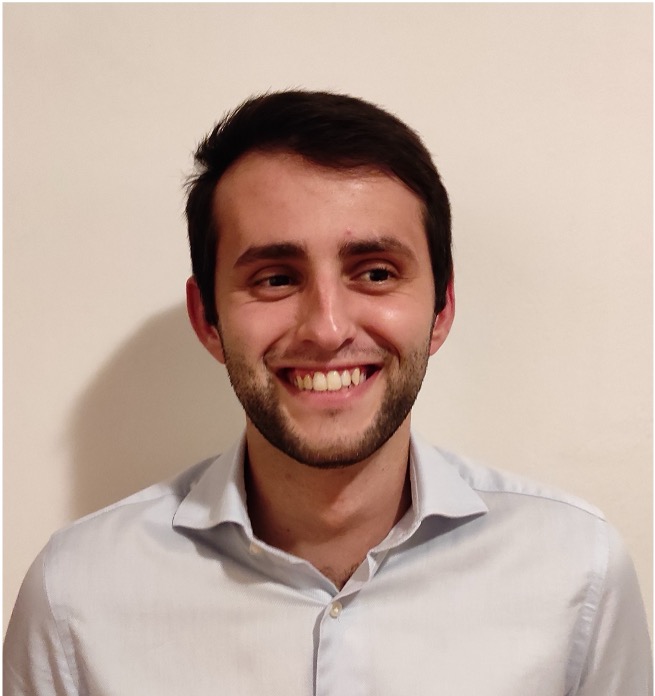
Post-Doc researcher at the Research Center
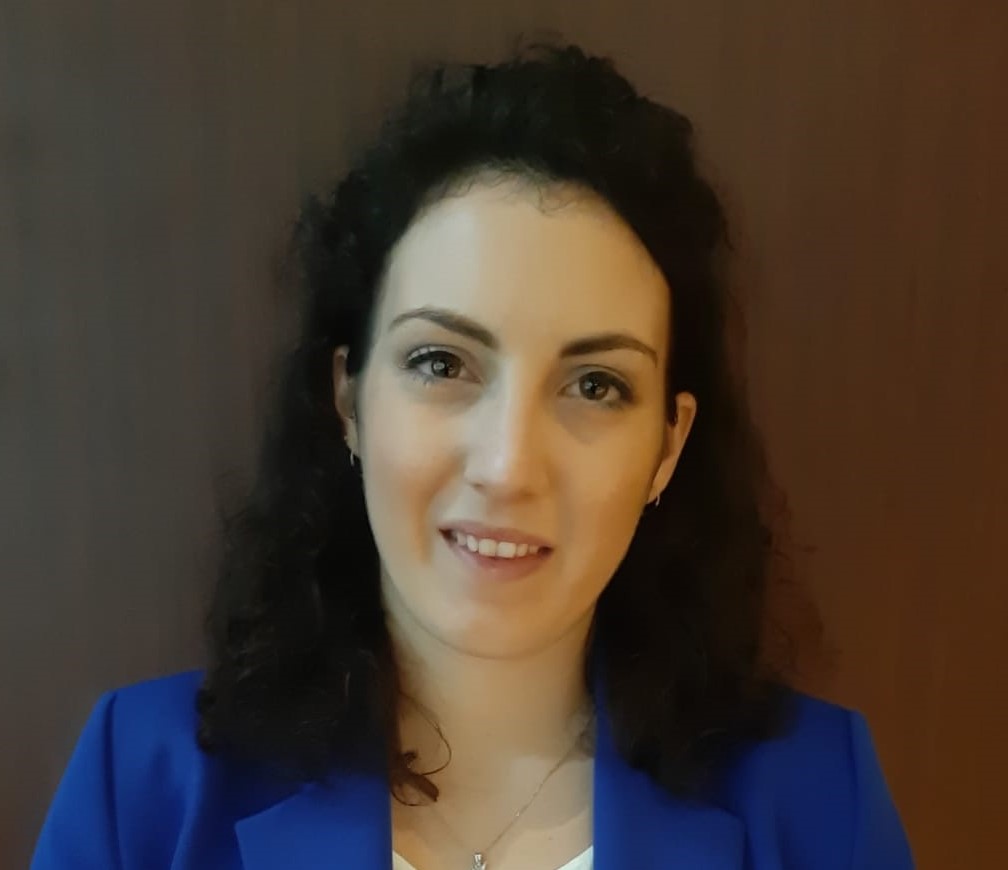
Post-Doc researcher at the Research Center
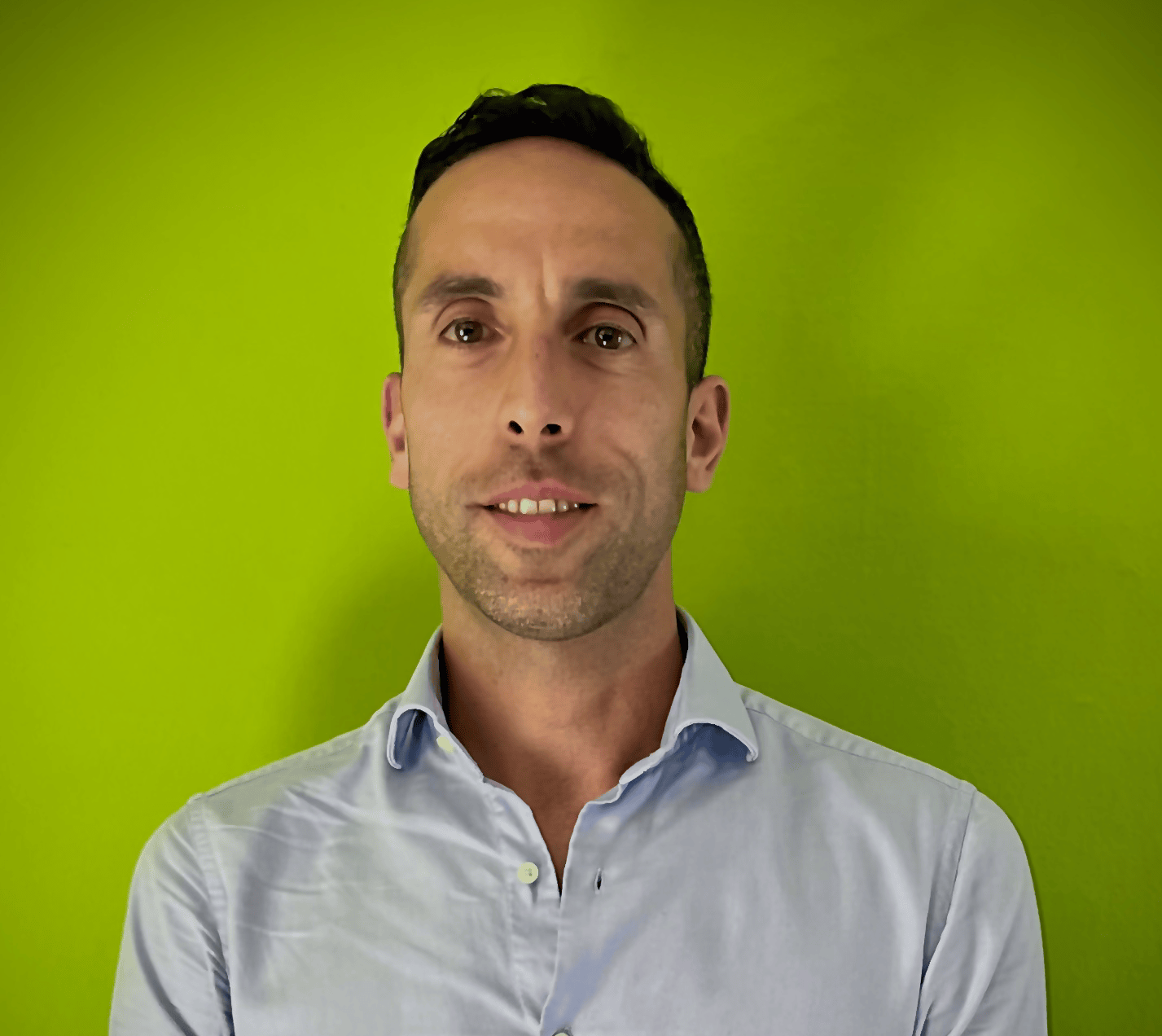
Project Manager of the Horizon Europe projects
Partners
Erasmus MC, University Medical Center Rotterdam
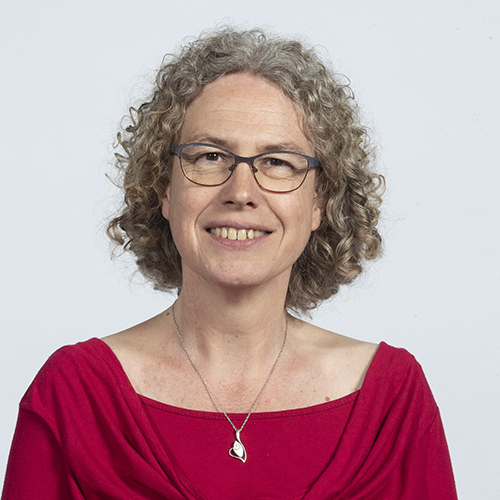
Full Professor with expertise in cartilage biology and engineering. Involved in WP3 and WP6
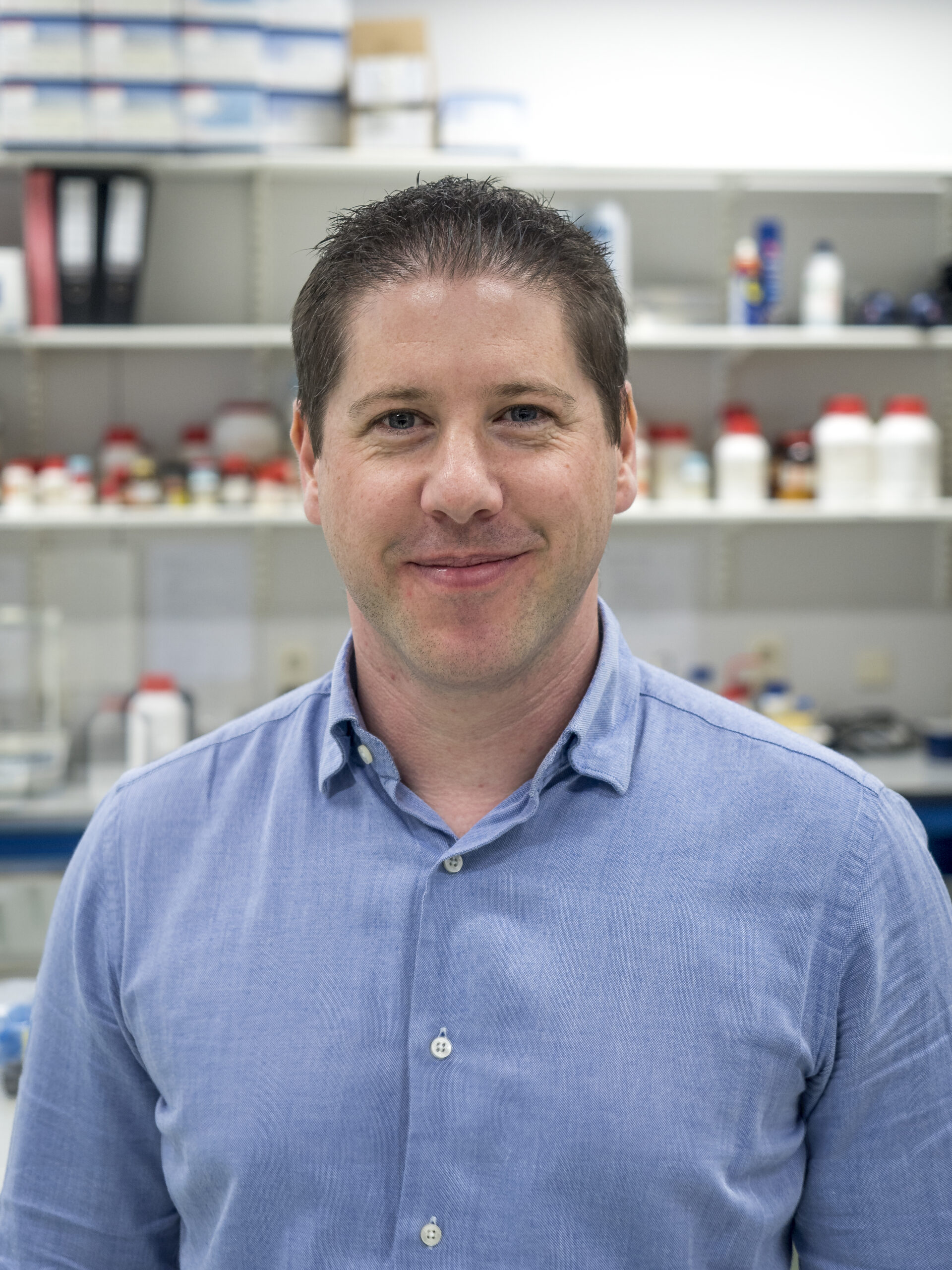
Full Professor with expertise in bone tissue engineering. Involved in WP3 and WP6
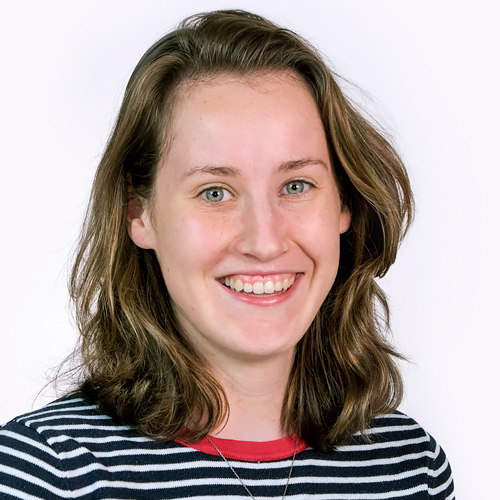
Postdoc with expertise in calcified tissue engineering. Involved in WP3 and WP6
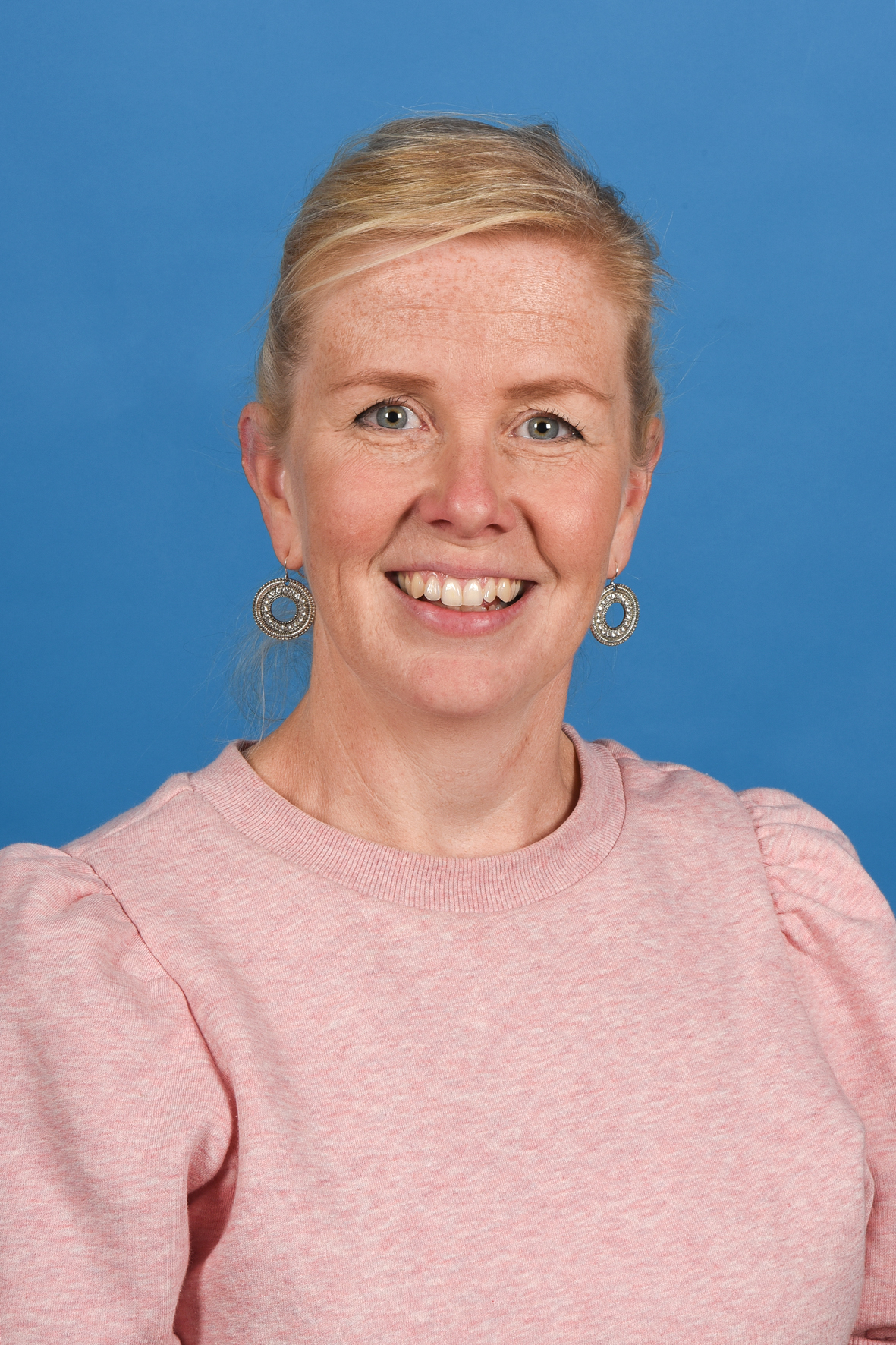
Technician. Involved in WP3 and WP6
University Medical Center Utrecht (UMCU)
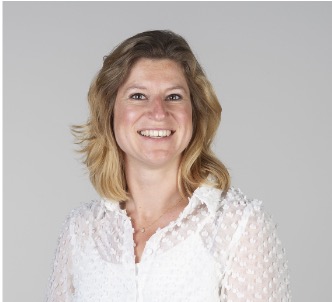
Assistant professor at dept of Orthopaedic surgery. Involved in WP3
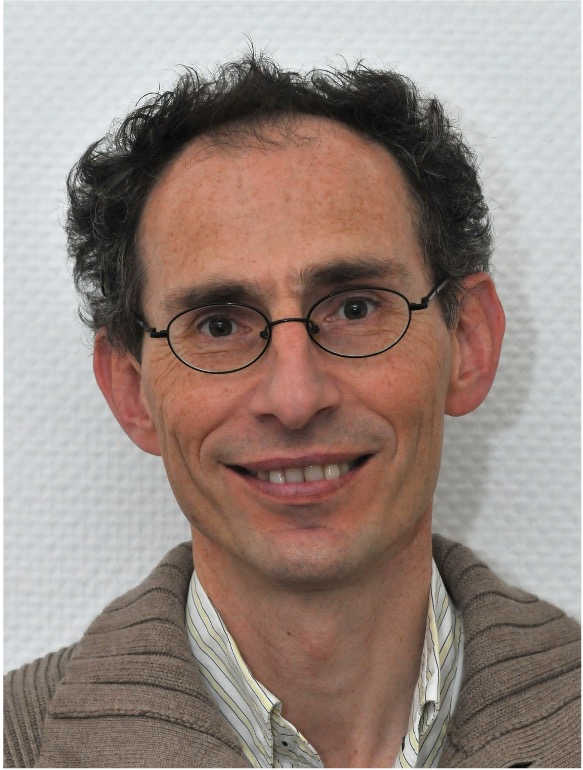
Associate professor at dept of Orthopaedic surgery. Involved in WP5
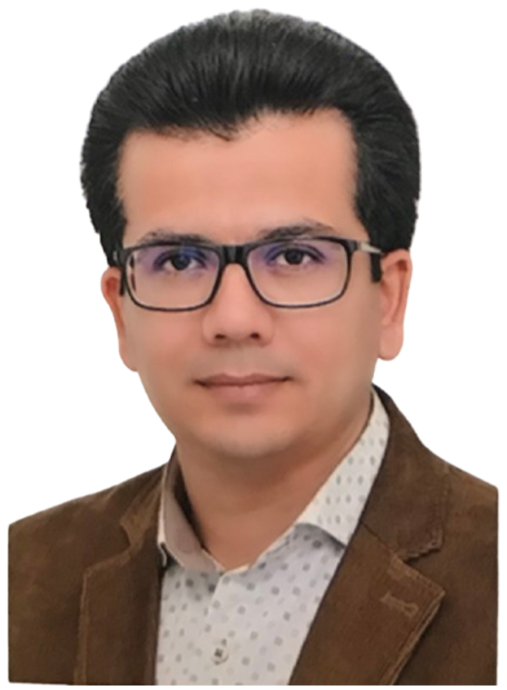
Assistant professor at dept of Orthopaedic surgery. Involved in WP5
University Hospital Würzburg (UKW)

Assistant Professor. Involved in WP

Biomedical scientist. WP1 leader
Fraunhofer Institute for Silicate Research – Fraunhofer Translational Center Regenerative Therapies TLC-RT

Biomedical scientist. He is a researcher for tissue engineering and head of the In vitro Test Systems Department. Involved in WP
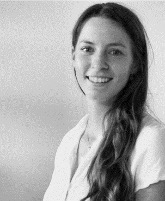
Biological scientist. She is a researcher for eye tissue engineering in the working group. Involved in WP
KU Leuven (KUL)
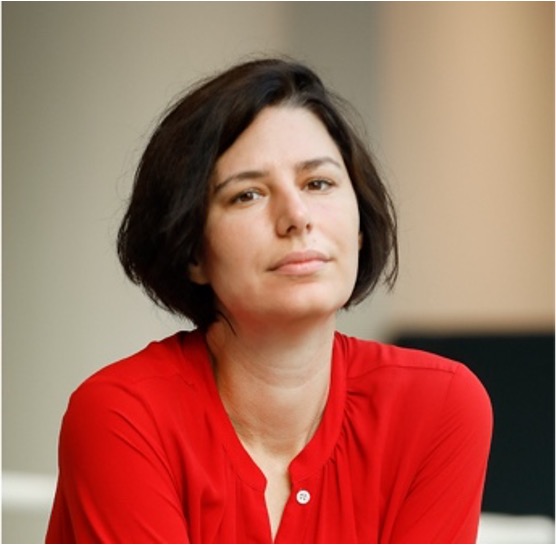
Professor in Biofabrication and Tissue Engineering. WP2 leader
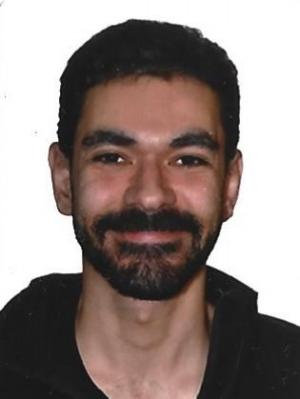
PhD student under the supervision of Prof. Bloemen and working in the Skeletal Biology and Engineering Center. Involved in WP2
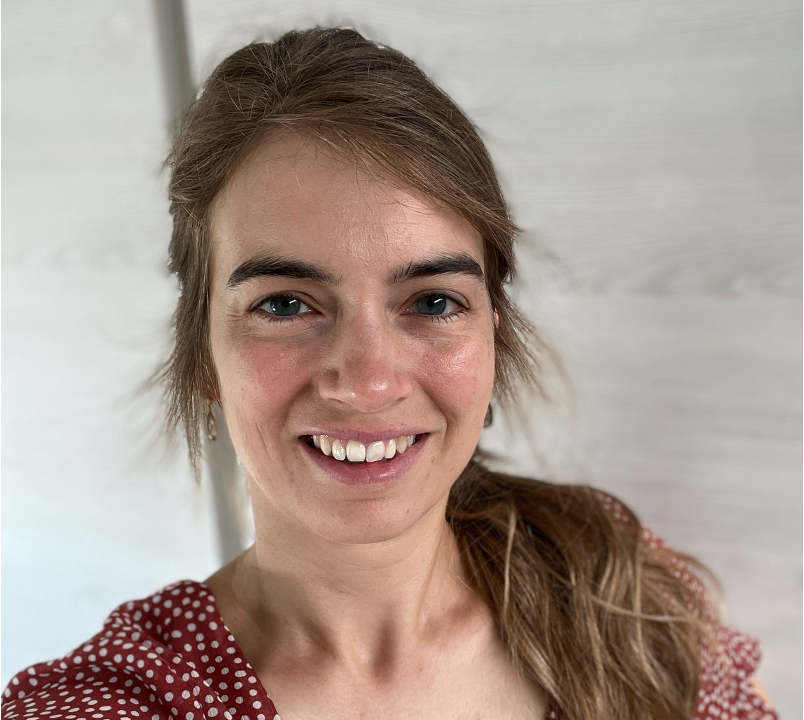
Senior lab technician in the Skeletal Biology and Engineering Center. Involved in WP2
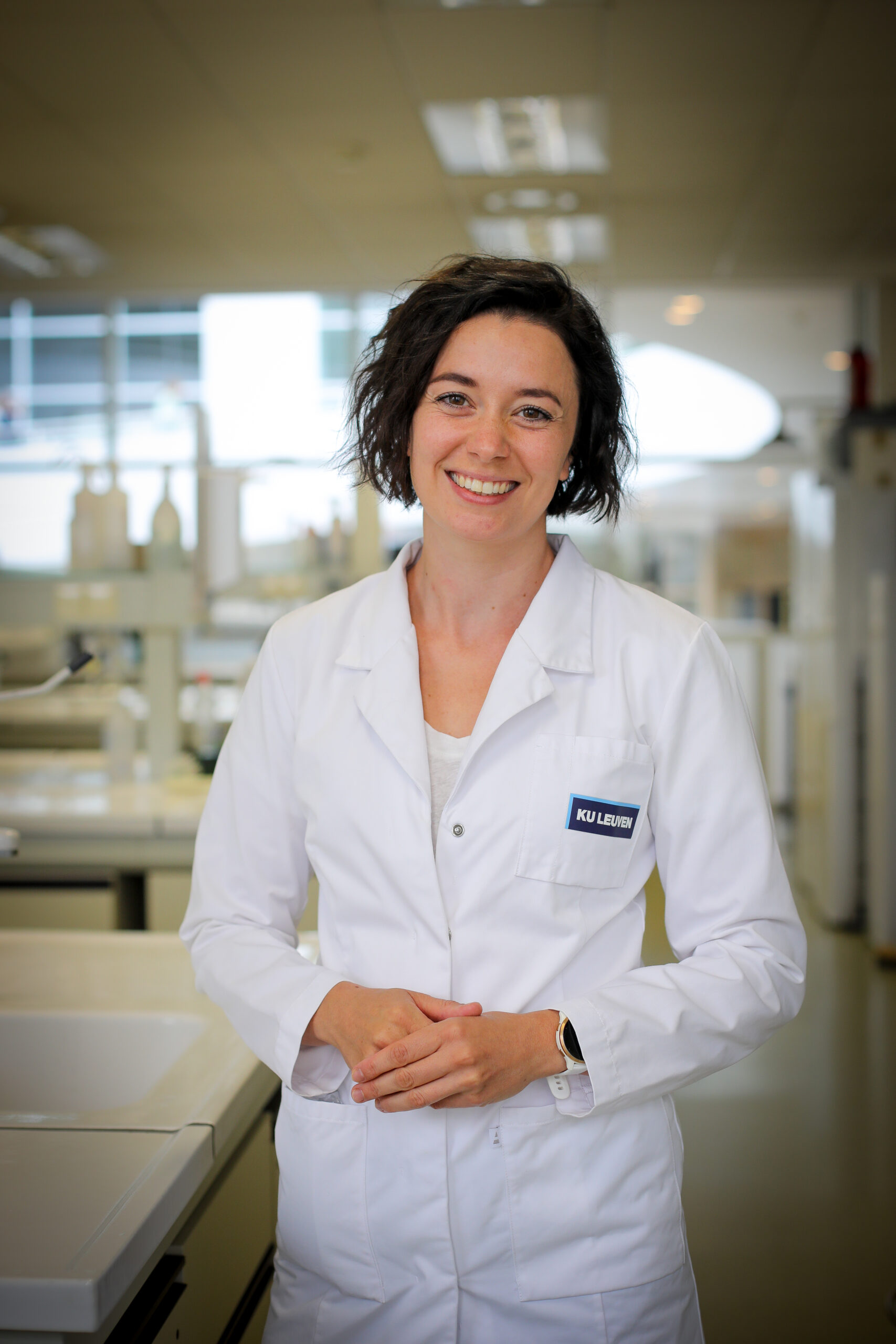
Postdoctoral researcher in the Skeletal Biology and Engineering Center. Involved in WP2
University of Zagreb School of Medicine, UZSM
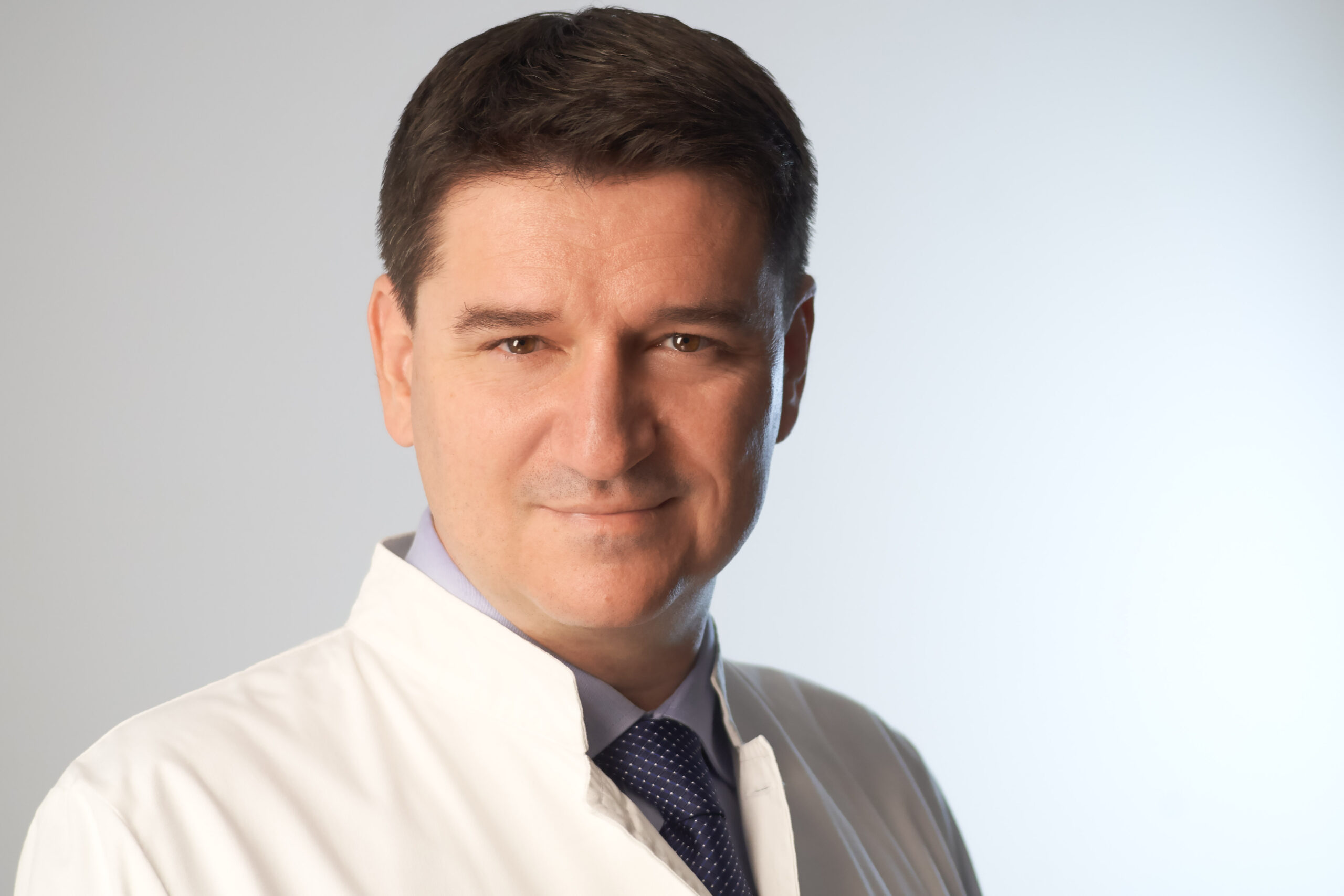
Consultant orthopedic surgeon at the University Hospital Sveti Duh, associate professor at the School of Medicine, University of Zagreb. Involved in WP
Senior consultant at the Department for Science, Knowledge Transfer and Innovation, extensive experience in project management. Involved in WP
University of Zagreb Faculty of Veterinary Medicine, FVMUZ
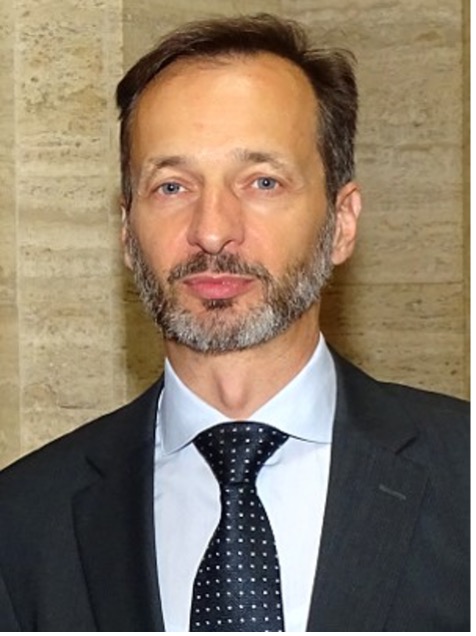
Full Professor, PhD, MSc, DMV. Involved in WP7
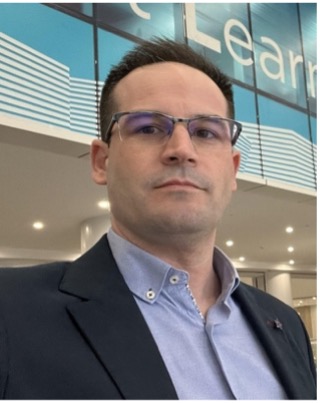
DMV, PhD. Involved in WP7
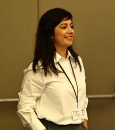
DMV, PhD student. Involved in WP7
University of Zagreb Faculty of Science, FOS UNIZG
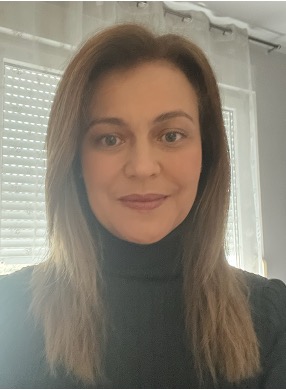
Researcher and full professor at the Faculty of Science. WP7 leader
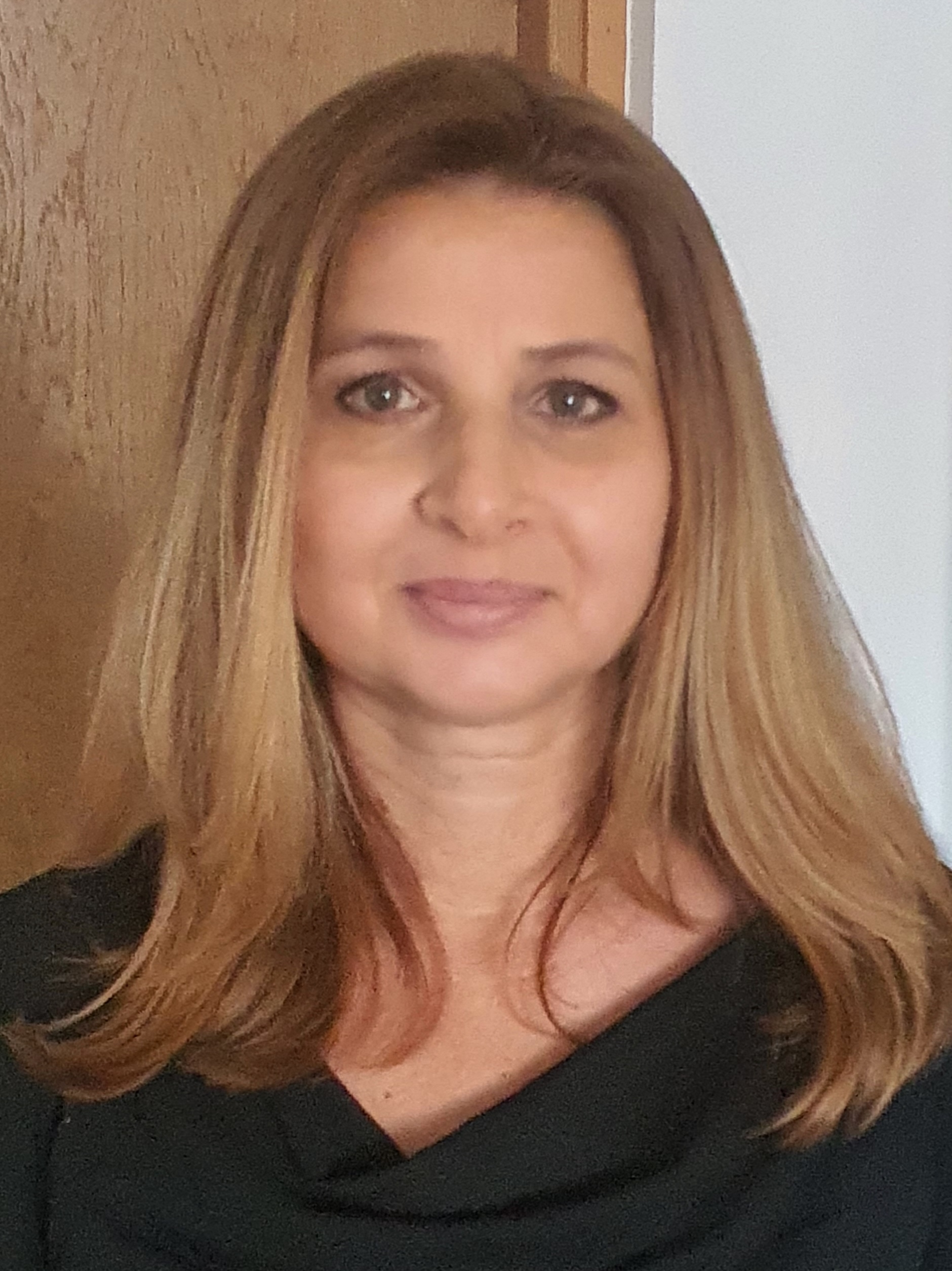
Researcher at the Faculty of Science. Involved in WP7
BIO INX®
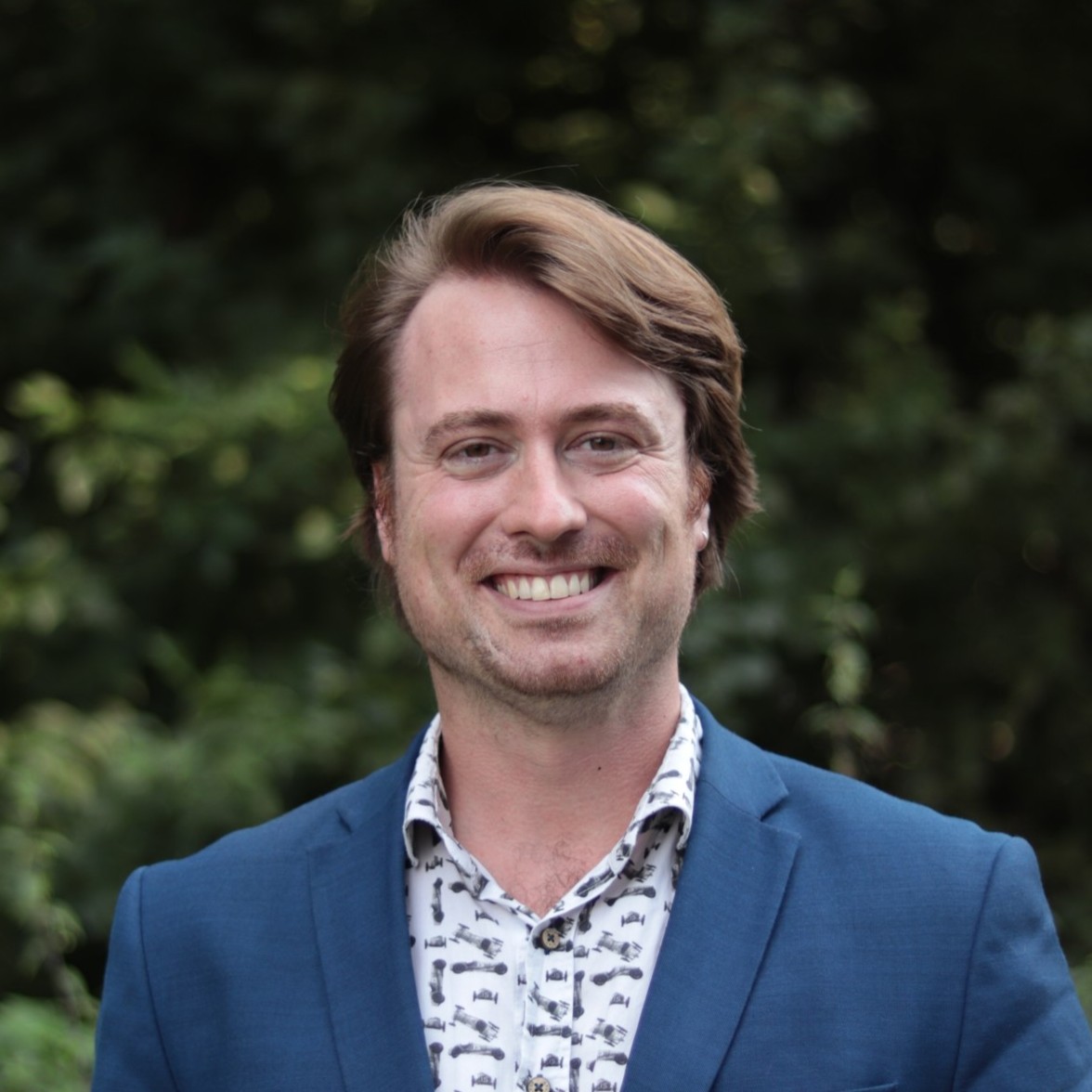
Co-founder and CEO. PhD in polymer chemistry with experience in synthesis of gelatin-based hydrogels and high-resolution 3D bioprinting. Involved in WP8 and WP9
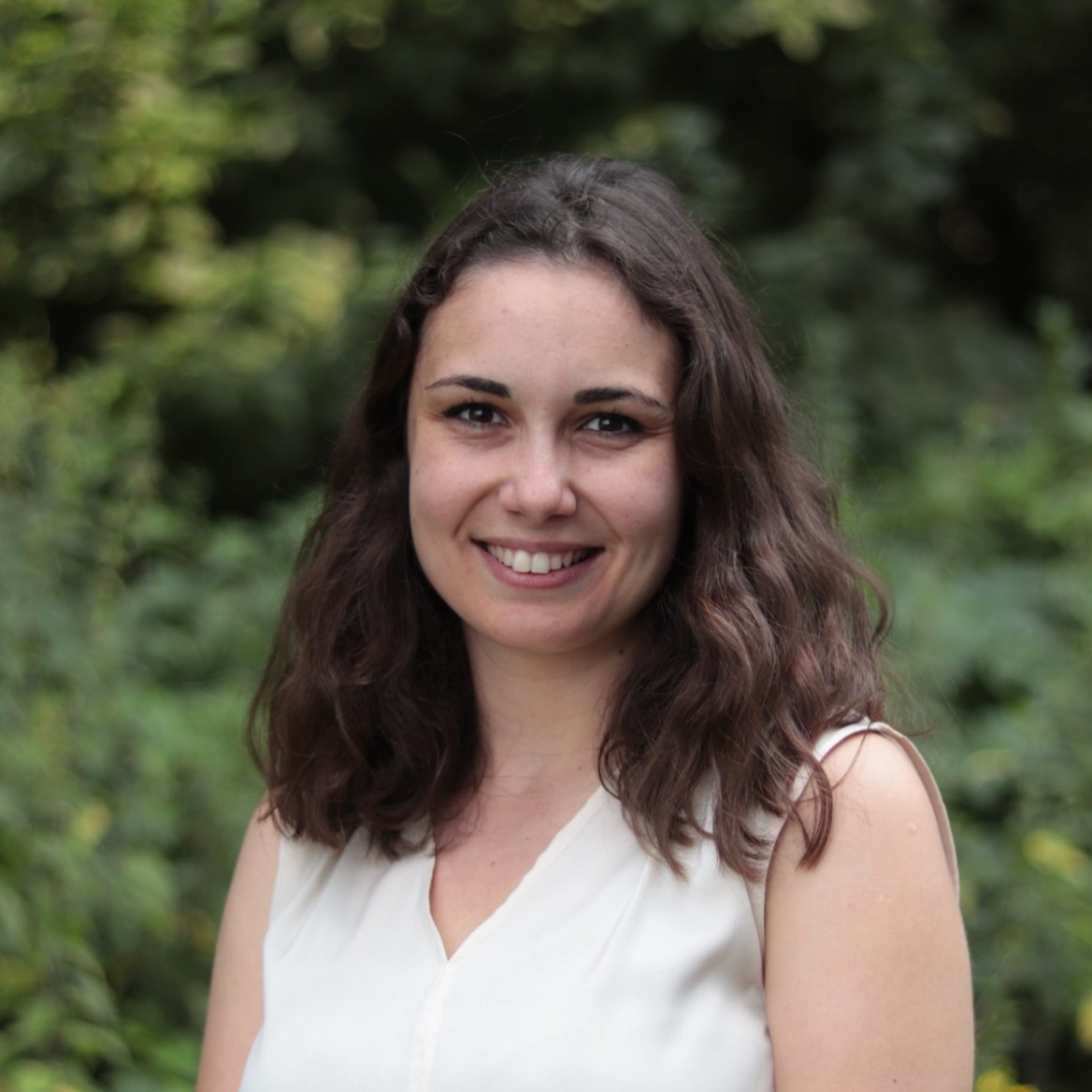
Co-founder and CSO. PhD in polymer chemistry with experience in biomaterial development and 3D bioprinting for tissue engineering applications. Involved in WP1, WP2 and WP9
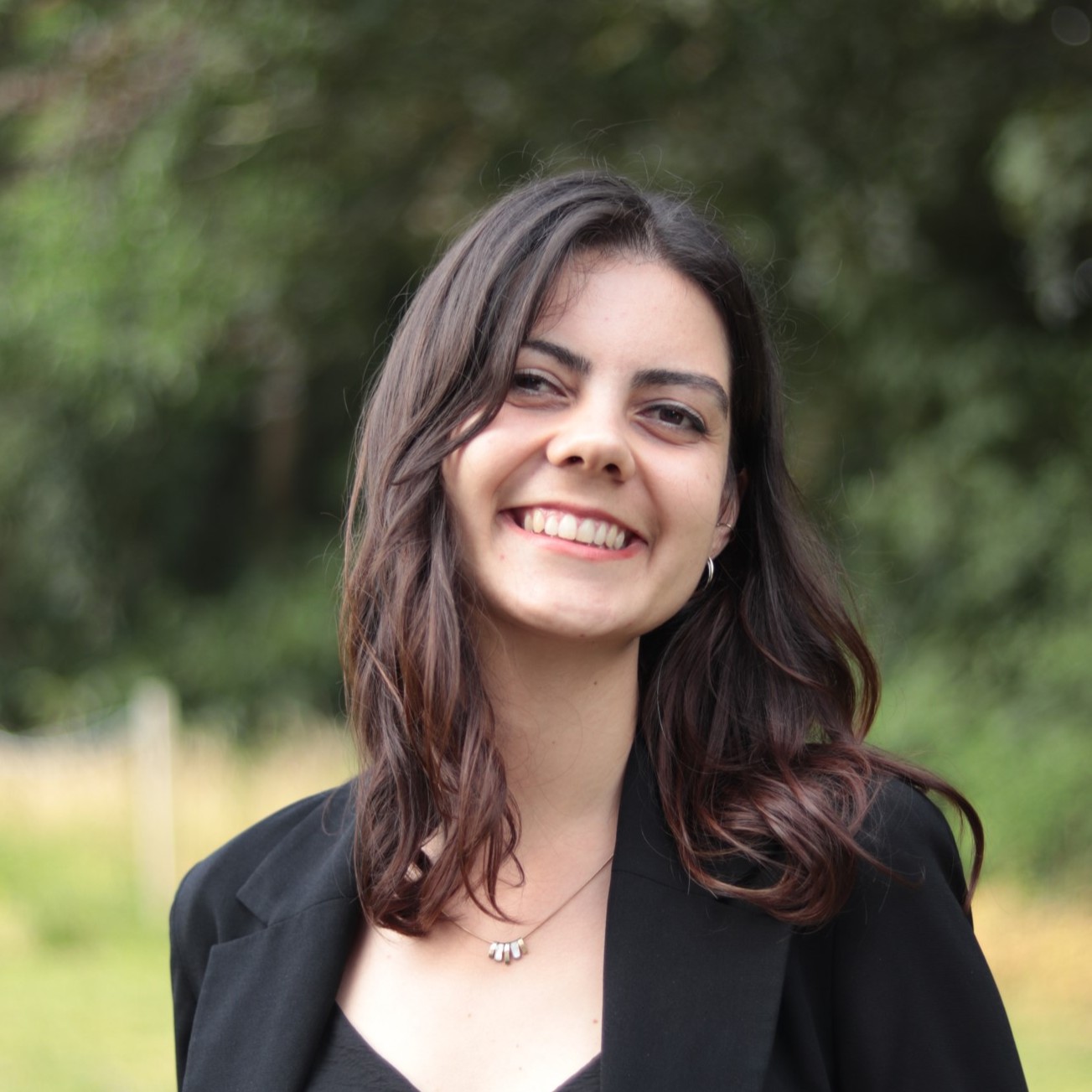
Biomedical Research. Master’s degree in biochemistry and she is a PhD candidate in biotechnology with experience in biomaterial development and bone tissue engineering. Involved in WP2
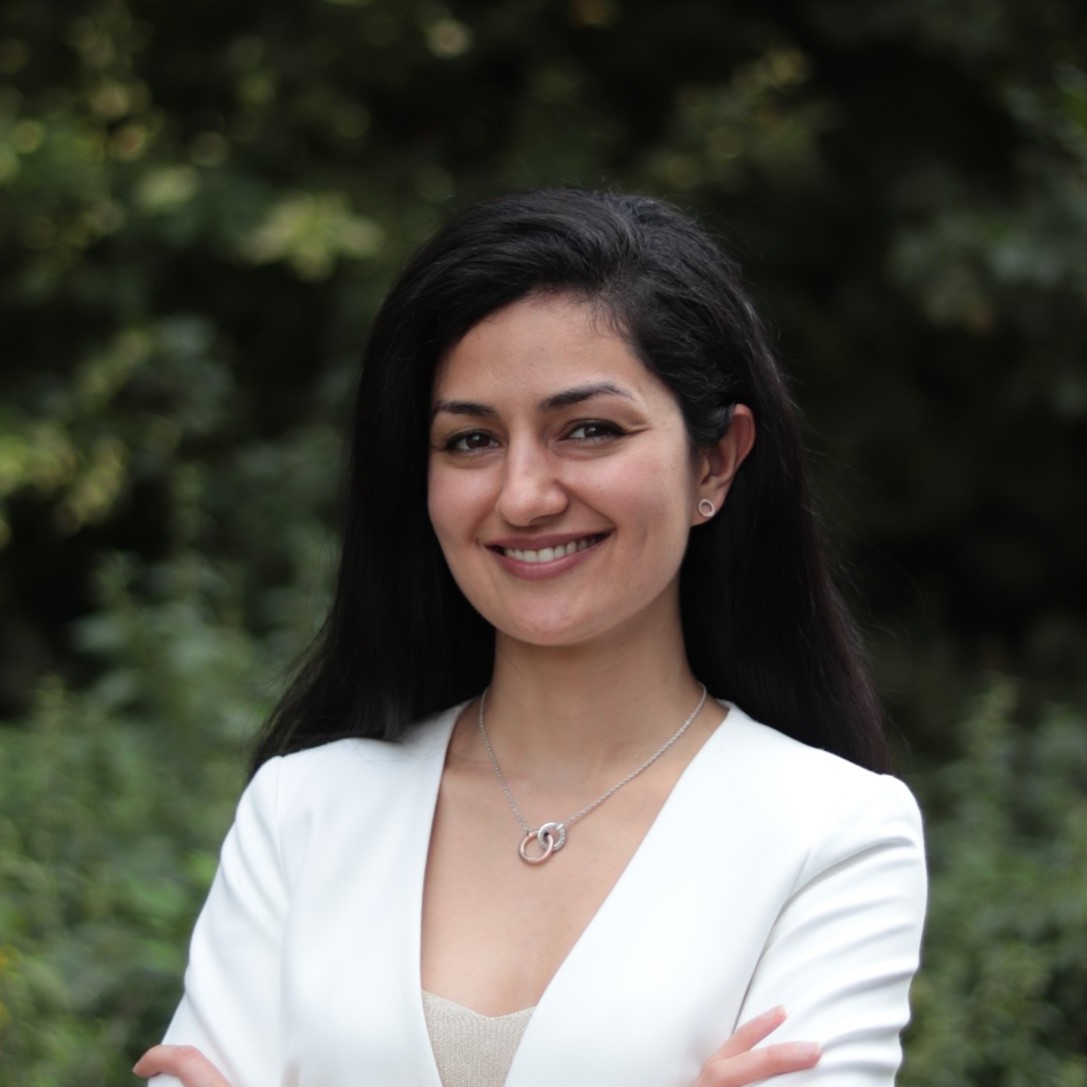
Lab technician and quality control responsible. Master's degree in Nanotechnology Engineering with experience in biomaterial synthesis, characterization, 3D bioprinting and quality control. Involved in WP2
Optical Business & Services FIBER (OBS FIBER)
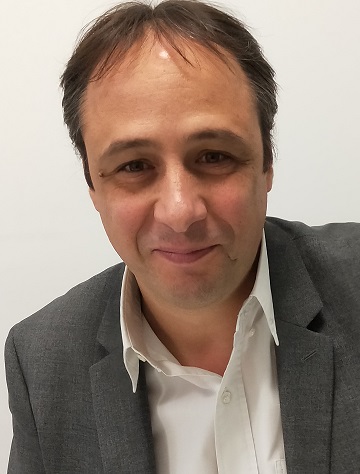
CEO
InsideAI
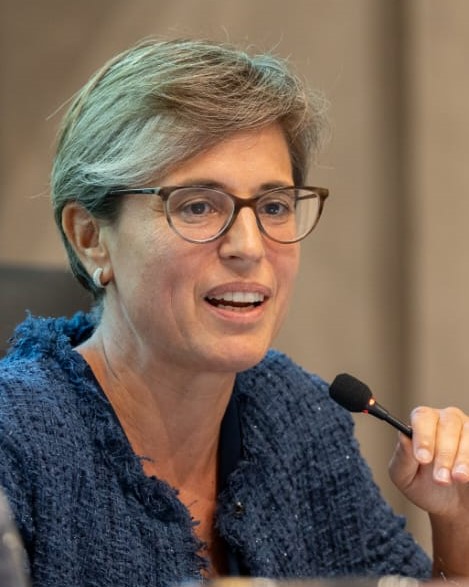
CEO. Biomedical engineer
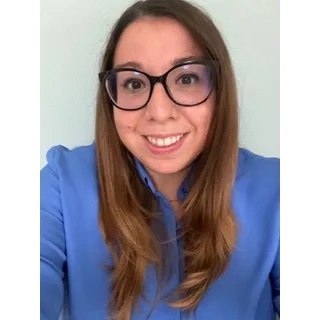
Biomedical engineer. She has PhD in Information Engineering
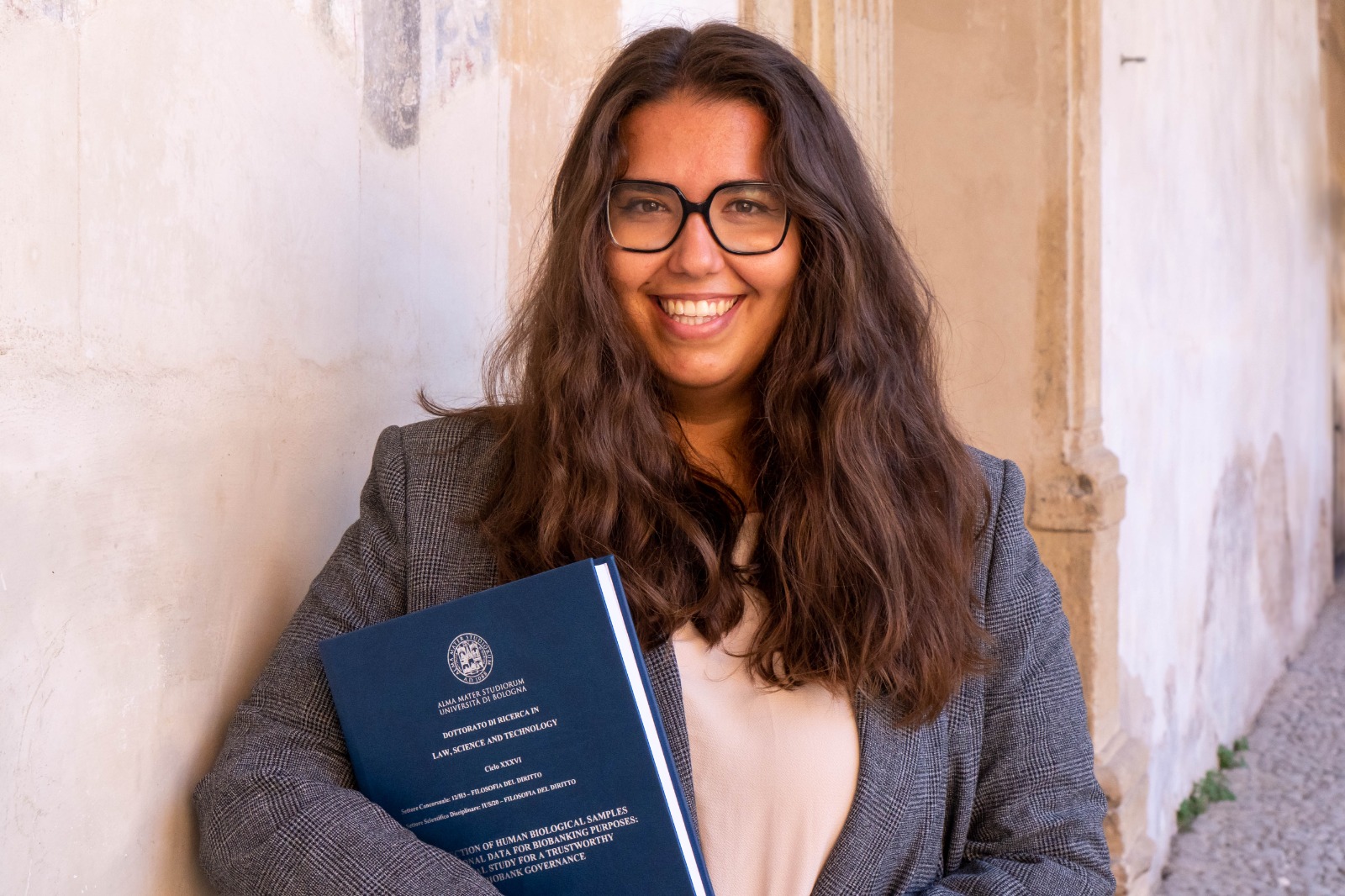
Lawyer
Universitat de Barcelona (UB)
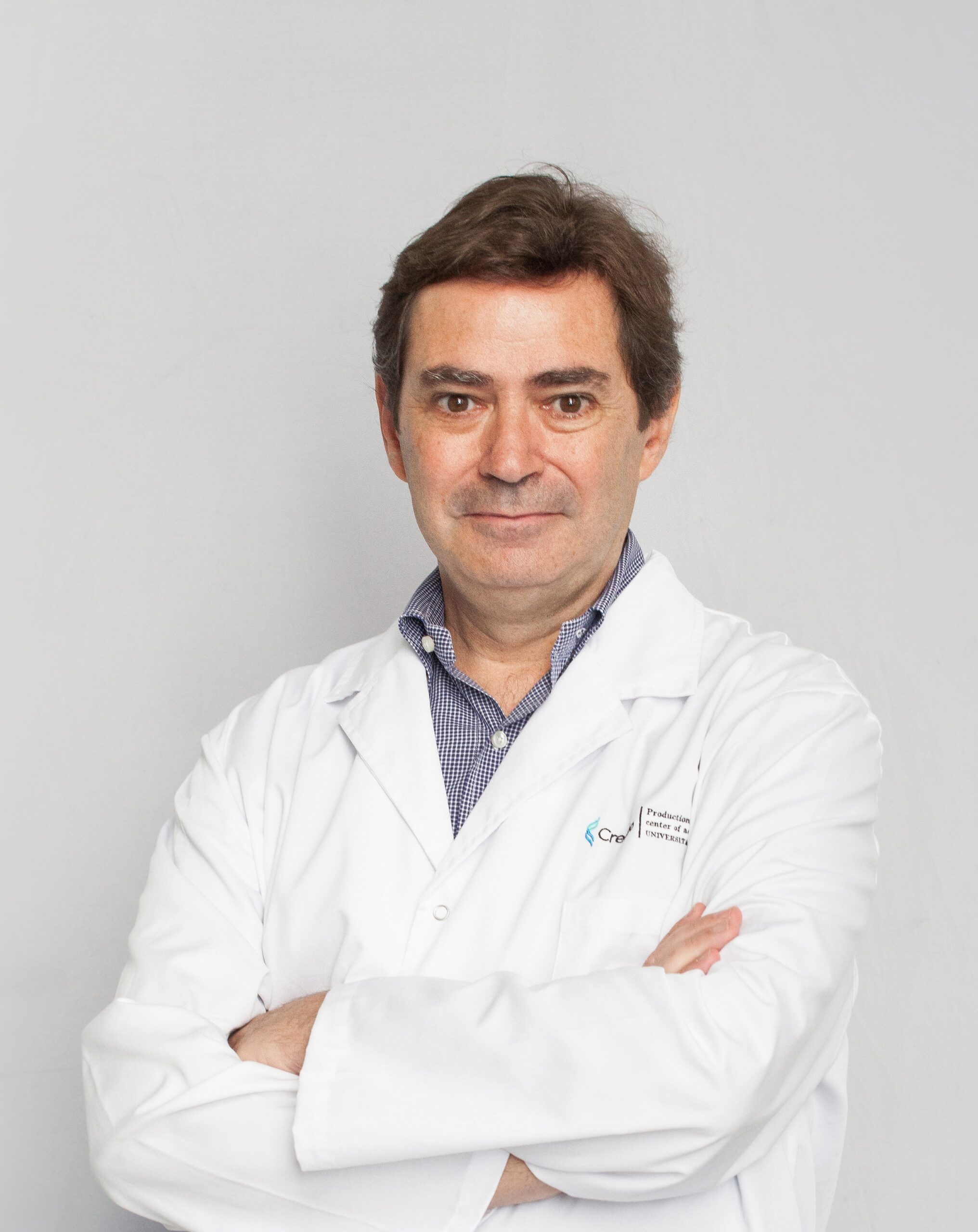
Full Professor and leader of the Stem Cell and Regenerative group. Involved in WP1, WP3, WP7, WP8 and WP9
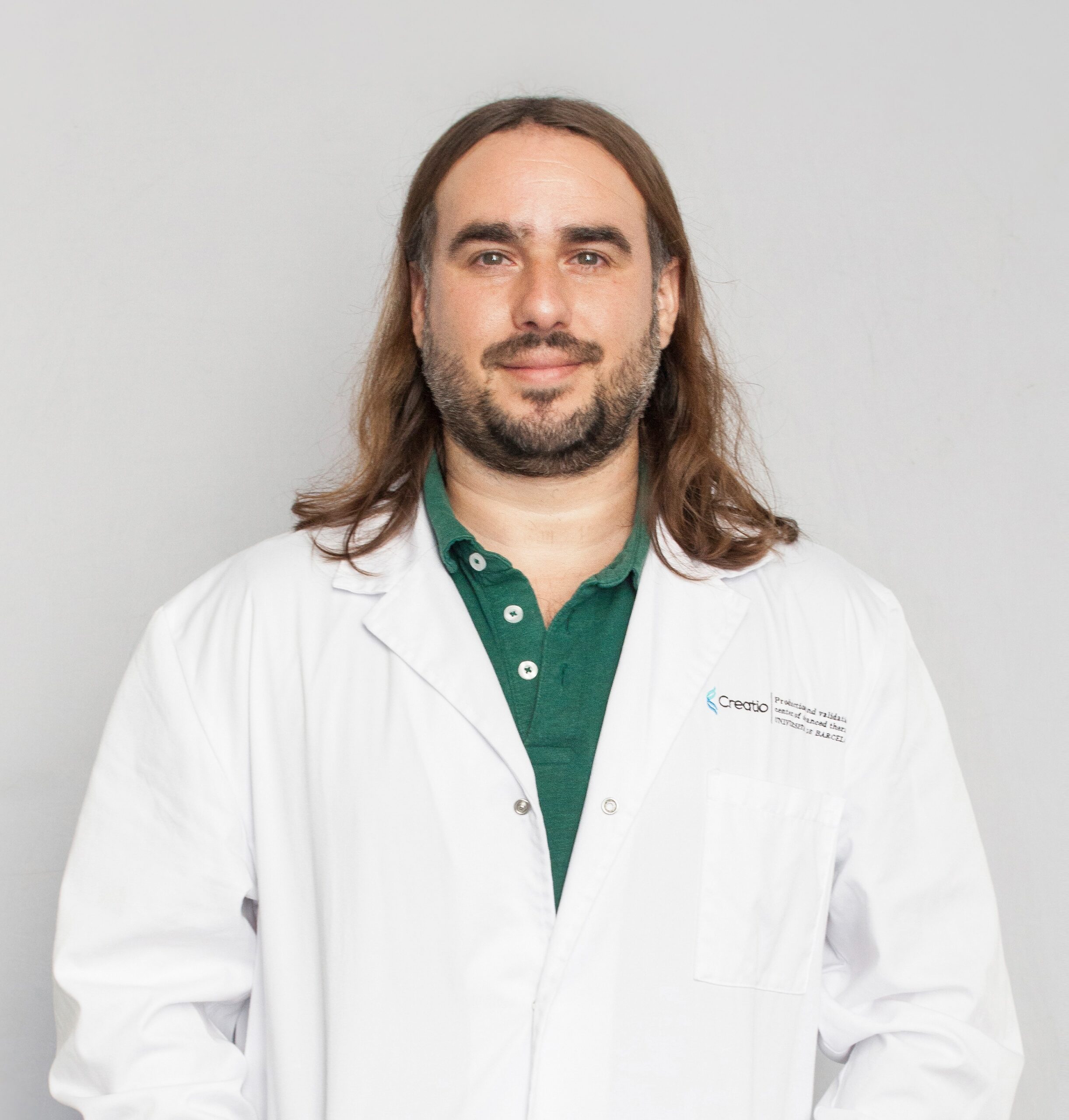
Technical Manager of the Clinical Production Area. Involved in WP1, WP3, WP7, WP8 and WP9
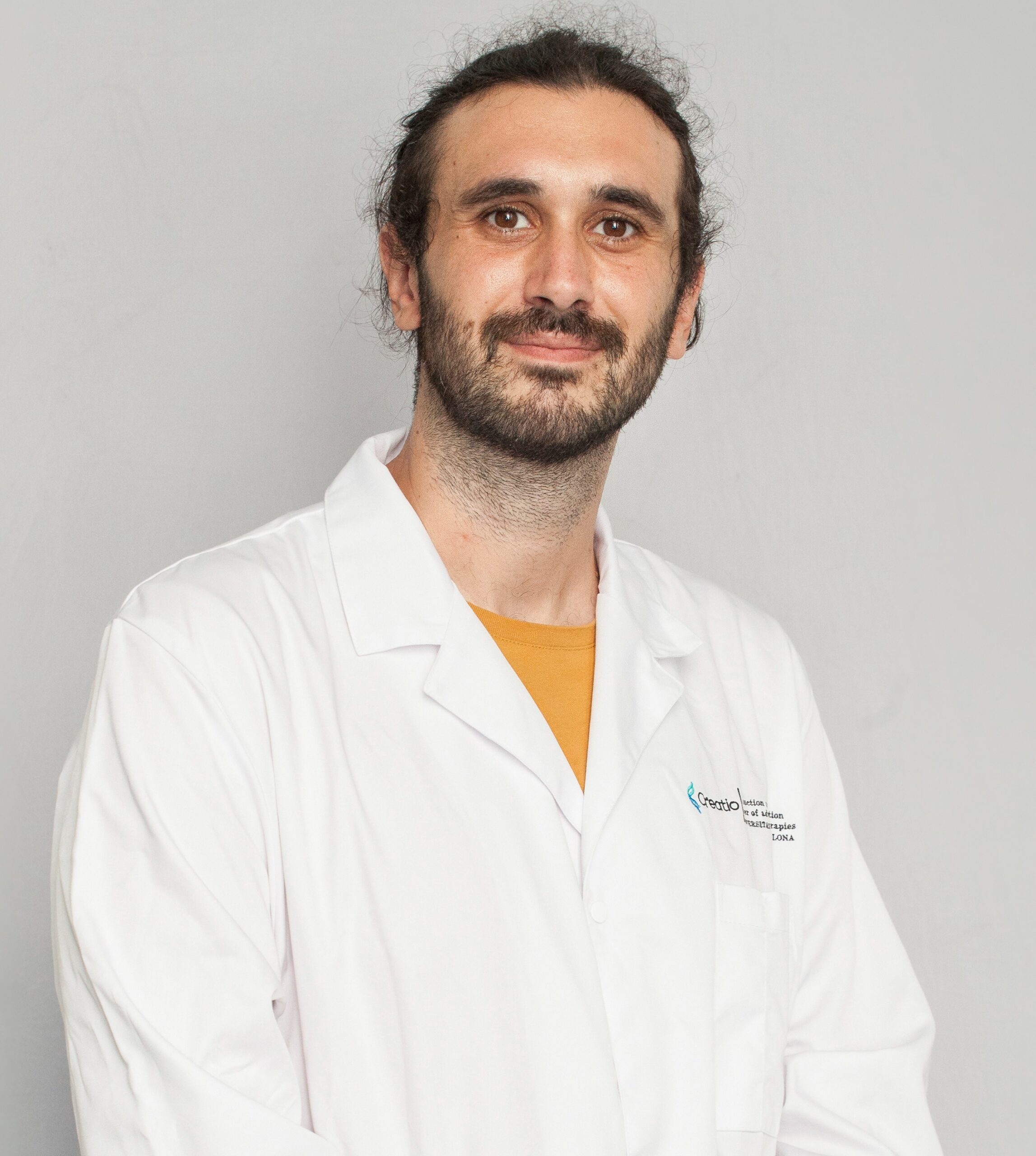
Head of the Quality Assurance Department and Predoctoral Researcher. Involved in WP1, WP3, WP7, WP8 and WP9
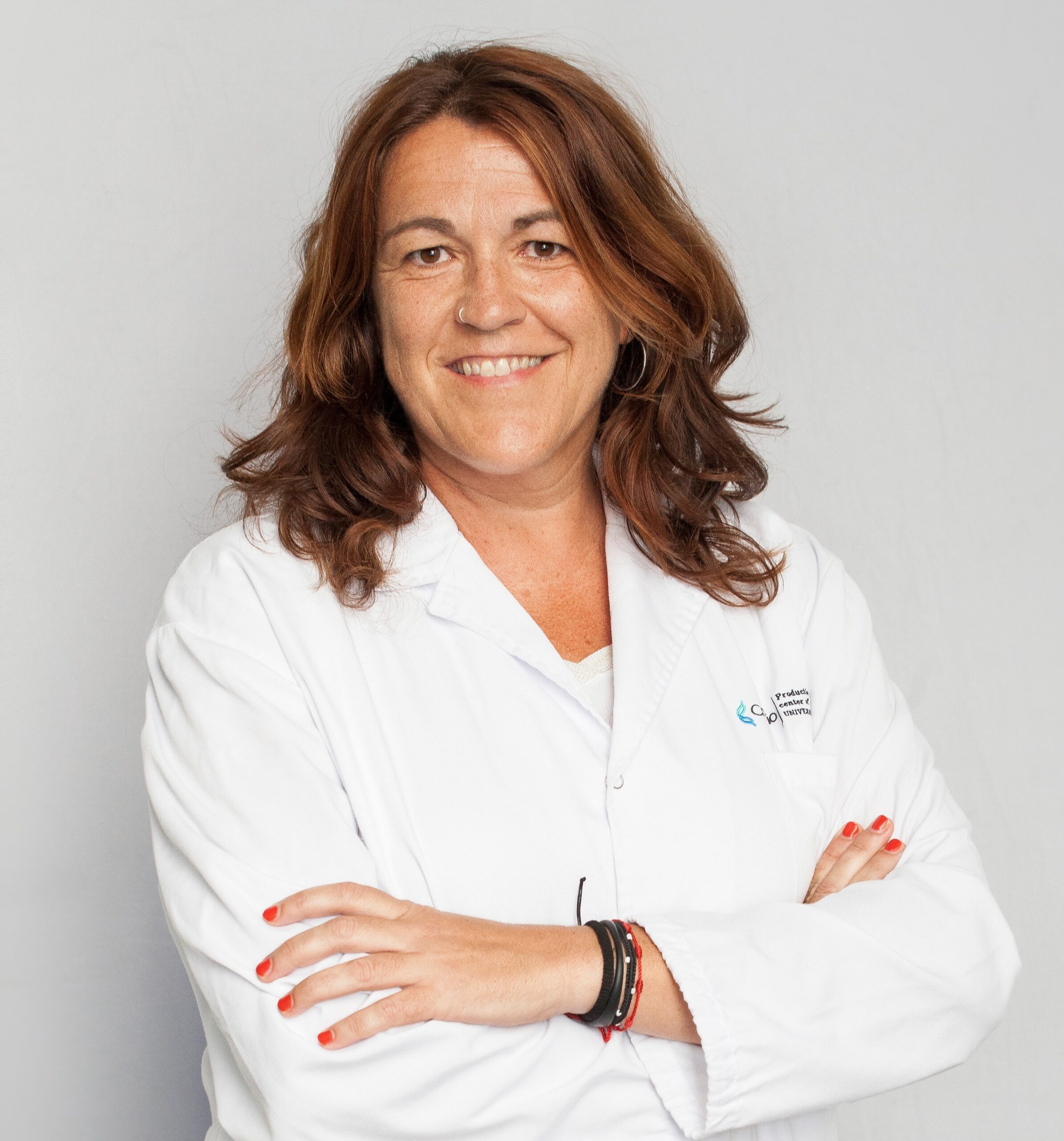
Head of the Production Department. Involved in WP1, WP3, WP7, WP8 and WP9
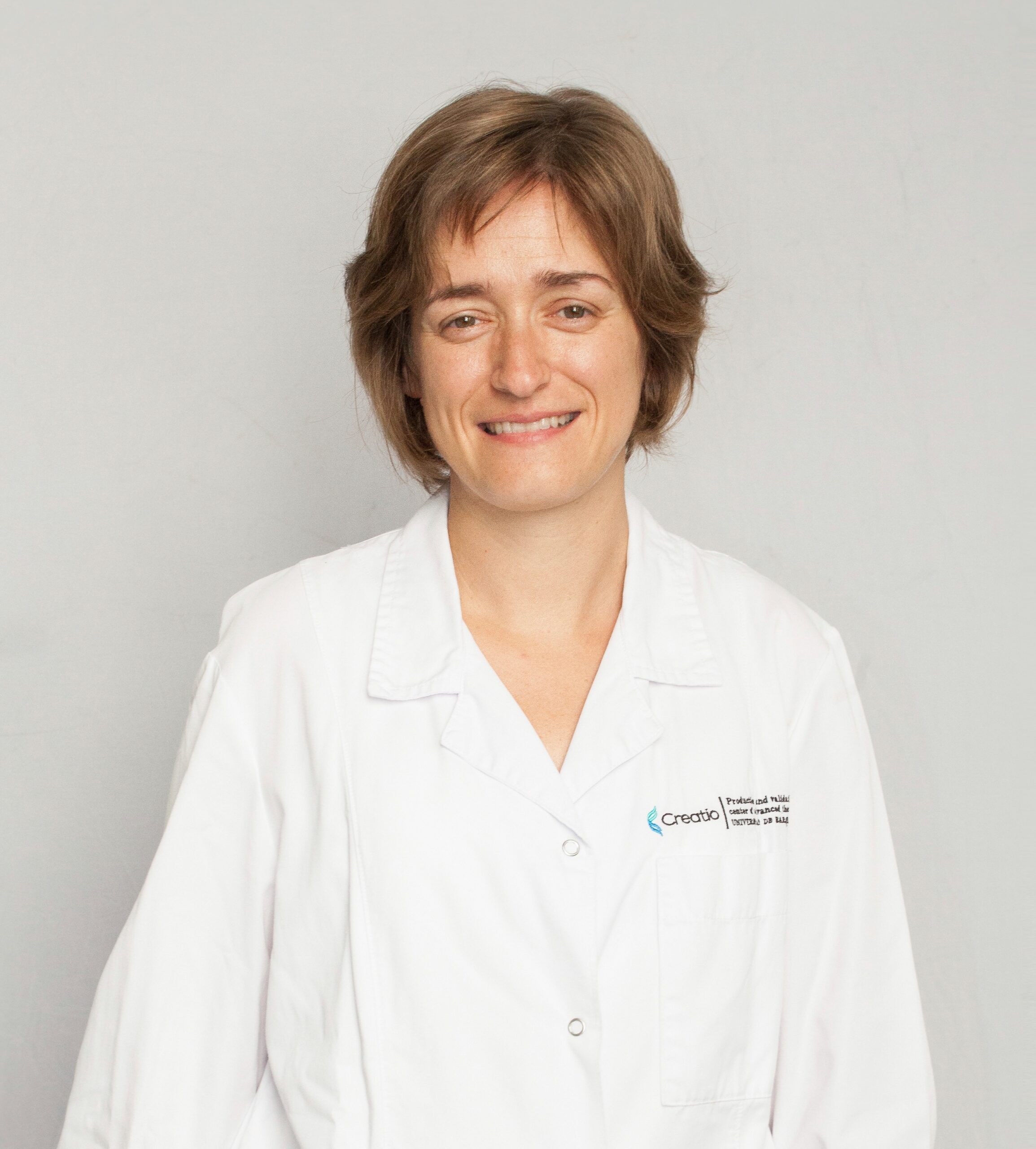
Head of the Quality Control Department. Involved in WP1, WP3, WP7, WP8 and WP9
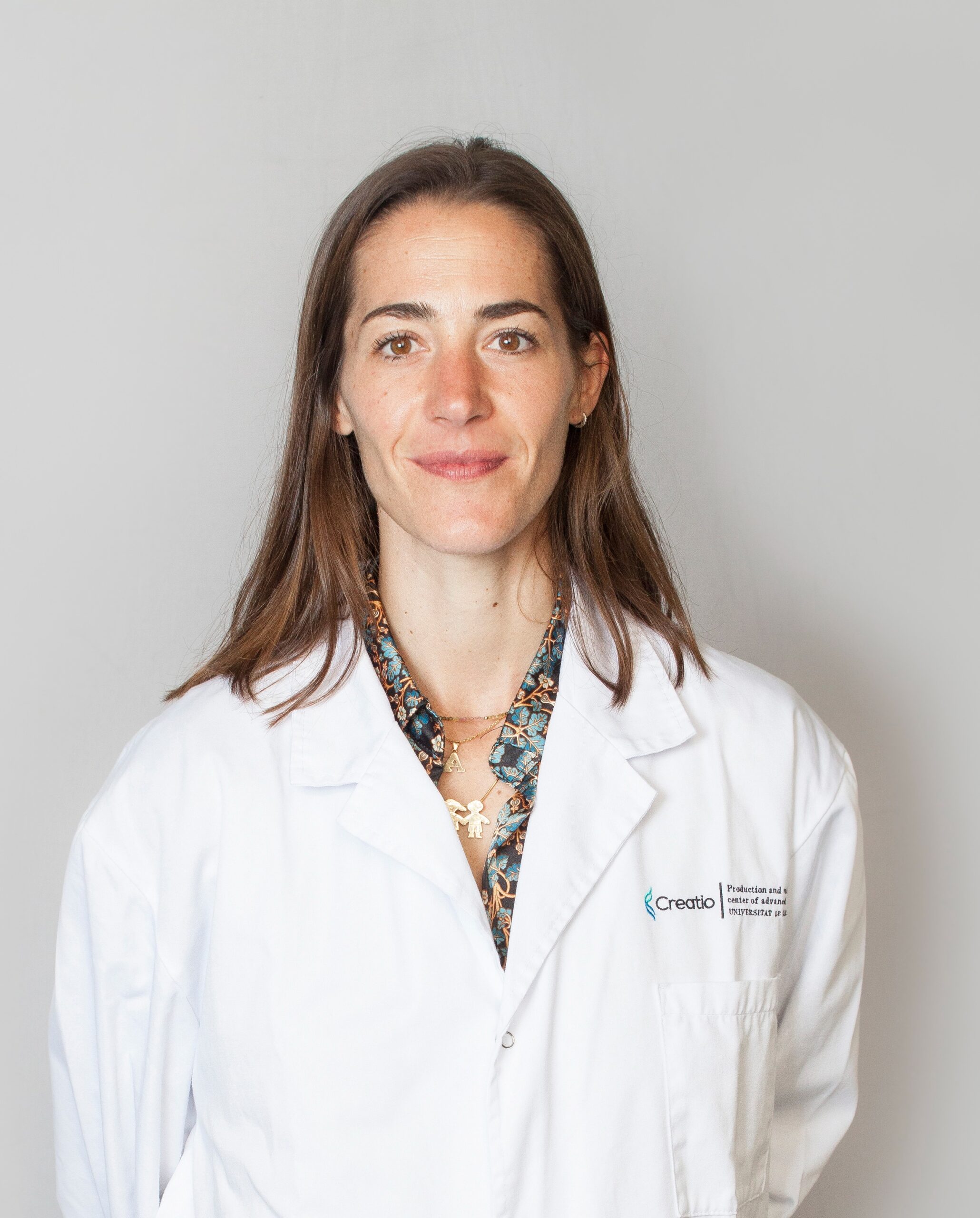
Head of the Strategy and Marketing Department. Involved in WP1, WP3, WP7, WP8 and WP9
European Fund Management Consulting (EFMC)
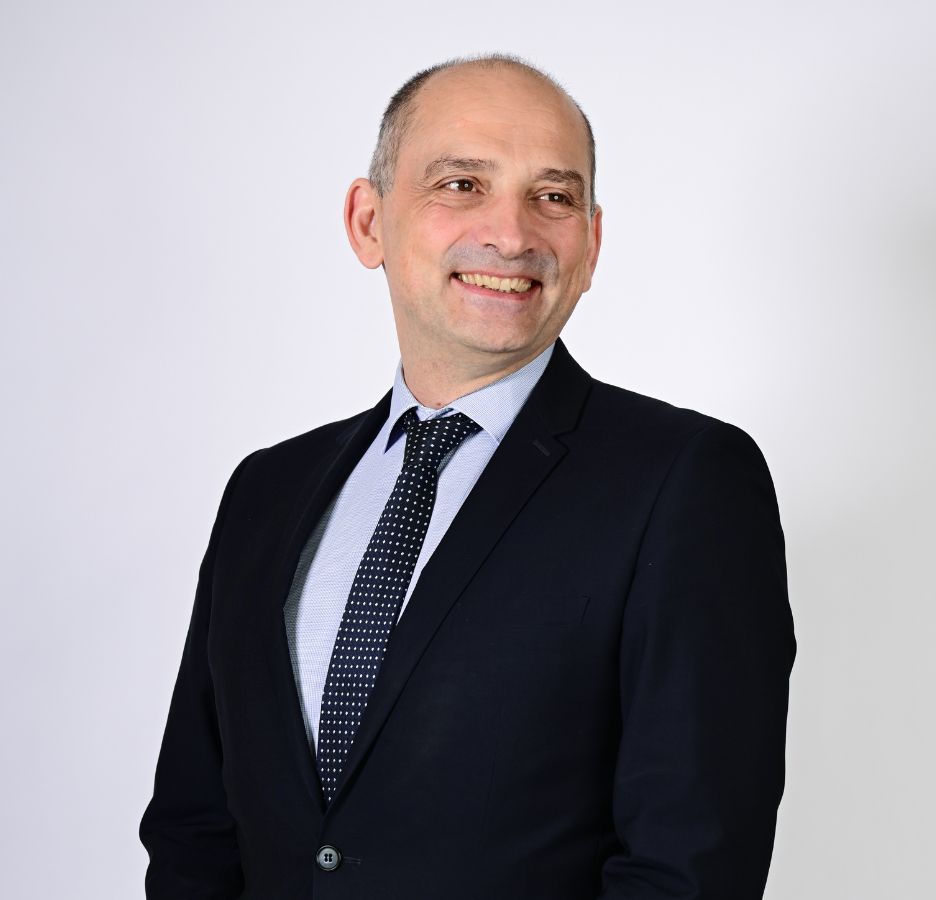
CEO. Involved in WP9
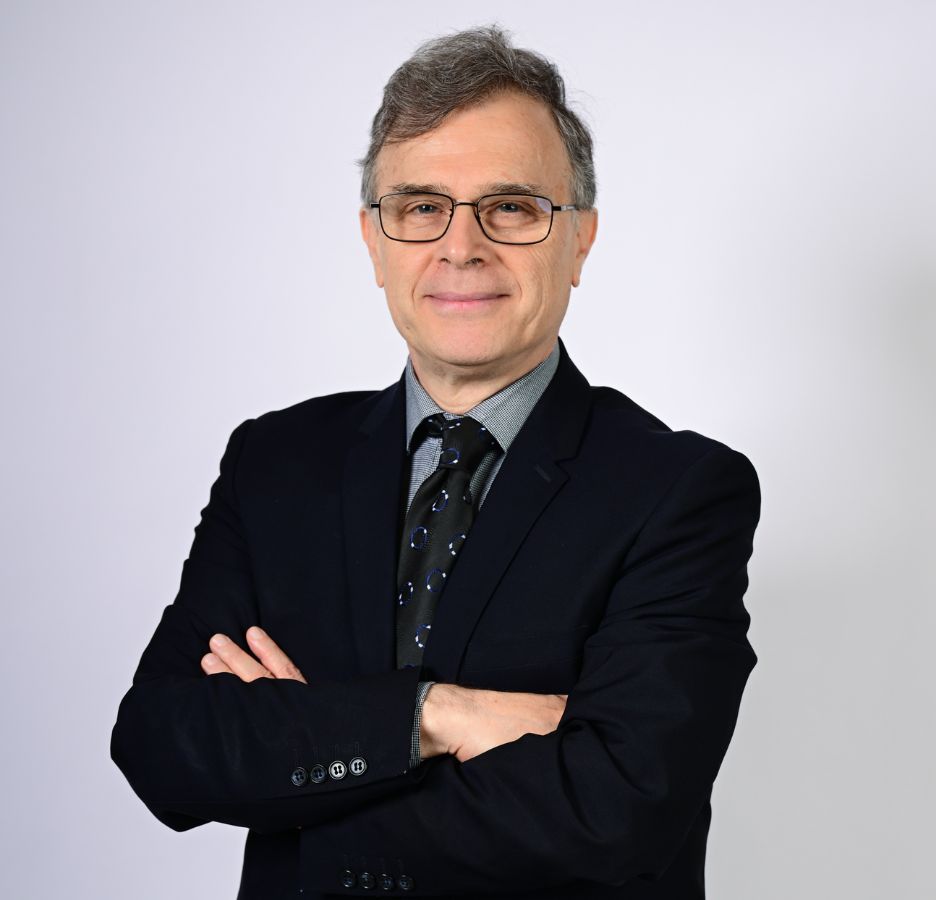
Senior HEU expert with a research and management background in engineering, IT, mathematics, and 2D materials. WP8 leader, also involved in WP9
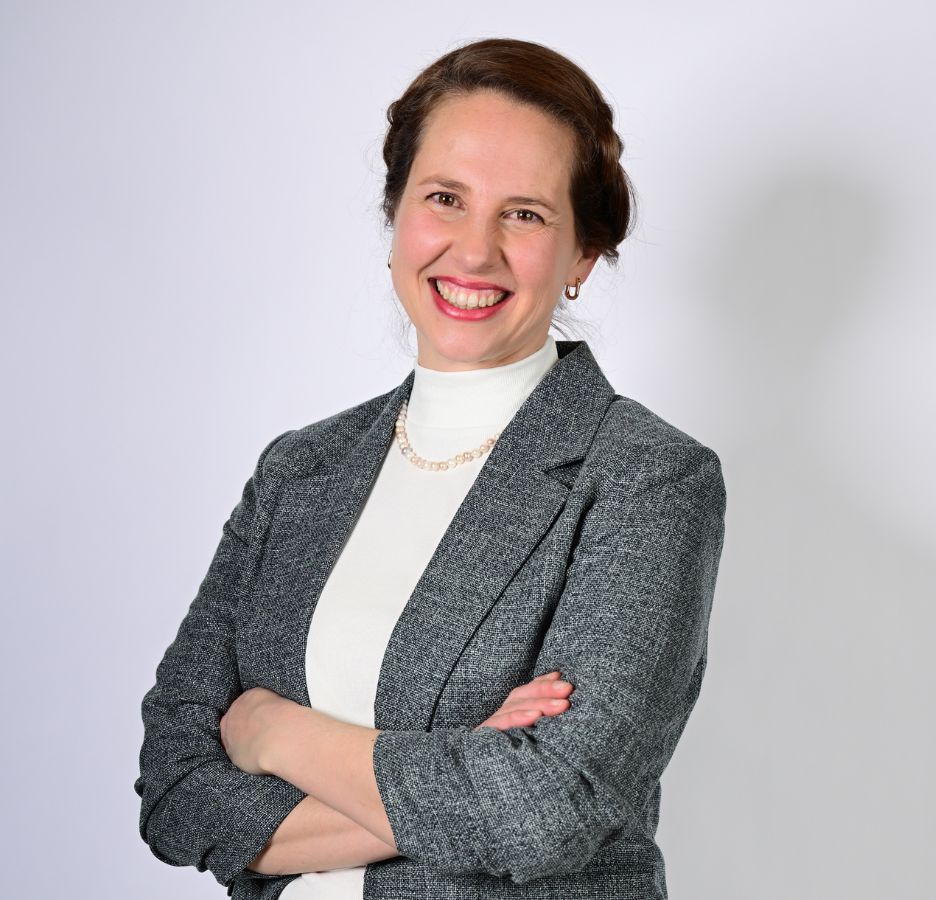
Senior EU project manager with background in nursing sciences, health policy and health technology. WP9 leader, also involved in WP8
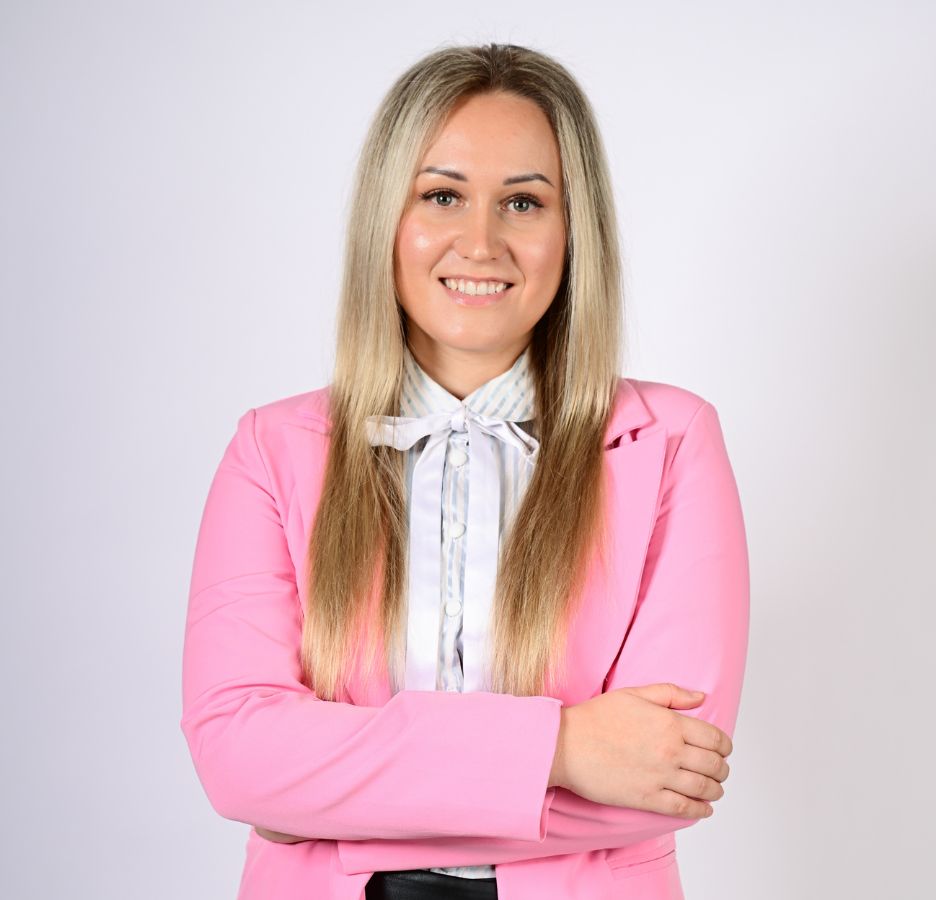
Adminstrative manager. Involved in WP9
ETH Zürich (ETHZ)

Full Professor of Tissue Engineering and Biofabrication. WP6 leader
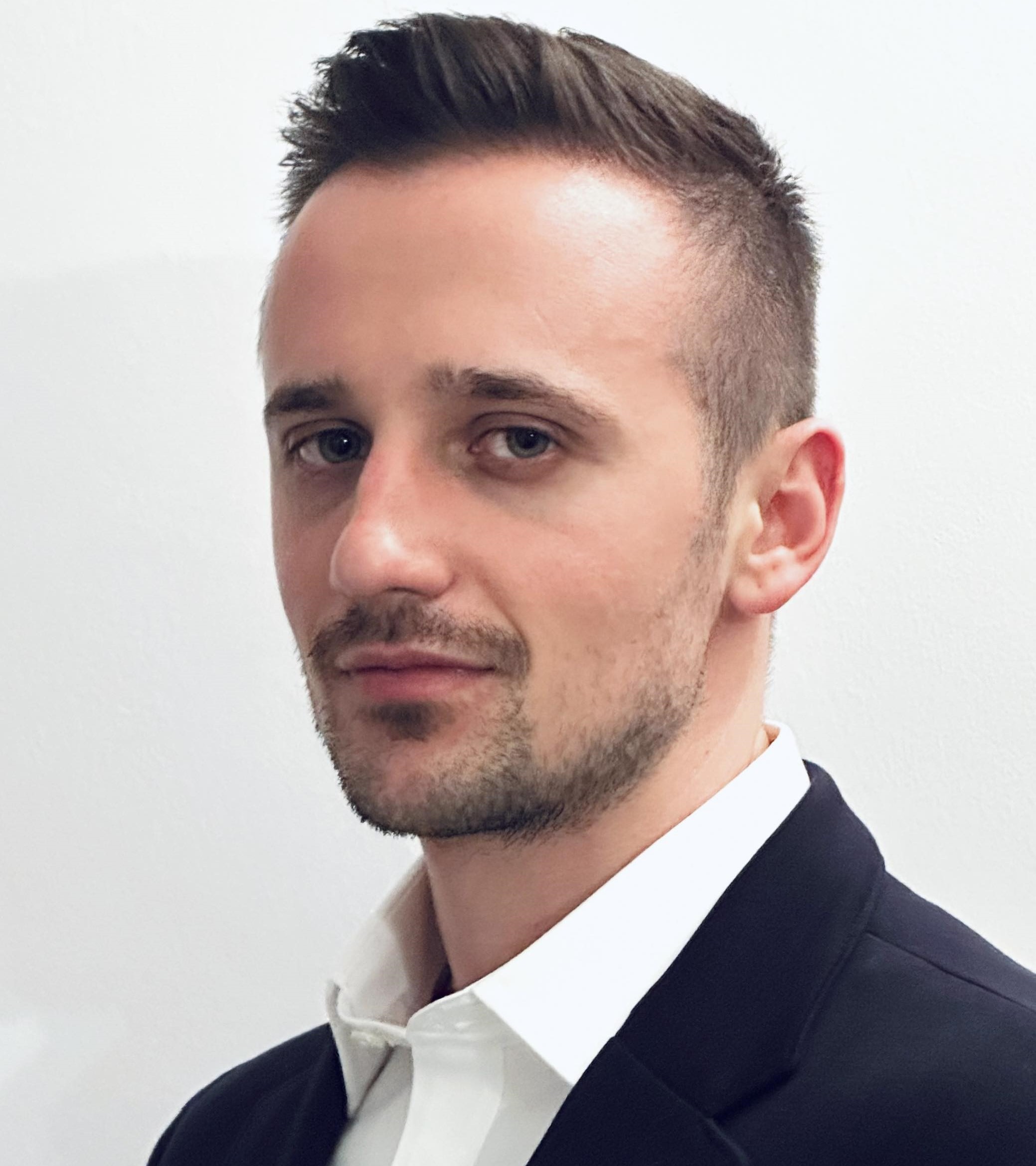
Postdoctoral scientist of Tissue Engineering and Biofabrication. Involved in WP6
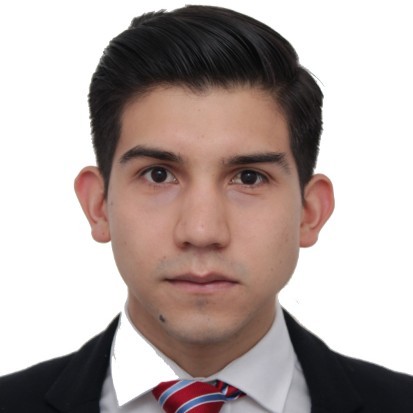
PhD Student at the Tissue Engineering and Biofabrication. Involved in WP4
Faster recovery times – Traditional treatments often require multiple surgeries with long healing periods, whereas LUMINATE enables tissue regeneration directly at the injury site, reducing downtime
Reduced pain & improved mobility – By restoring cartilage and bone tissue with bioengineered materials, patients will experience less joint stiffness and better movement
Personalized treatment – Unlike current solutions, LUMINATE’s bioprinting approach tailors the treatment to each patient’s specific lesion size and shape, improving clinical outcomes
Avoiding joint replacements – Total knee arthroplasty (TKA) is often a last resort for patients with severe cartilage damage. However, implants have a limited lifespan, leading to revision surgeries. LUMINATE reduces the need for such procedures, particularly in young and active patients
Why it matters
By addressing this urgent medical need, LUMINATE contributes to healthier, more active lives, ensuring that patients regain mobility without the burden of chronic pain or invasive surgery.
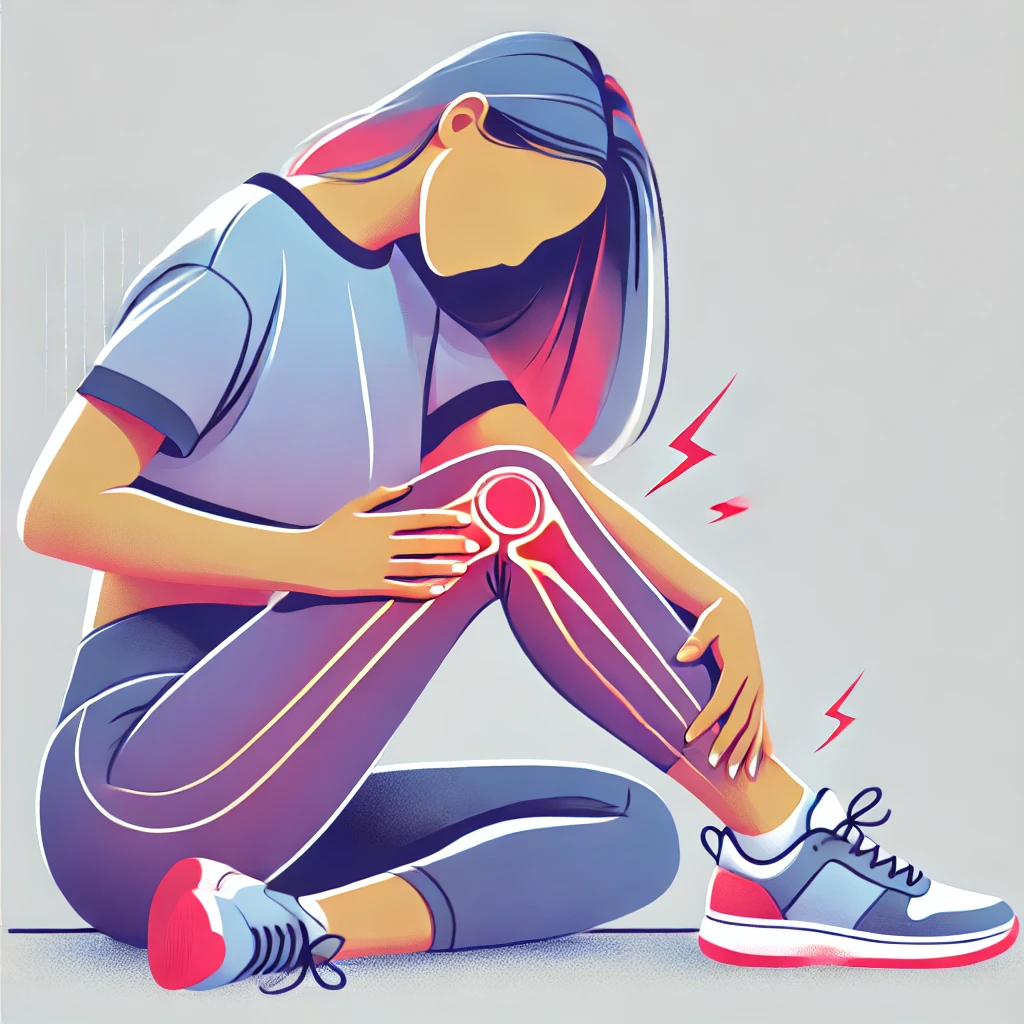
• 50% of severe cases lead to PTOA within 10 years
• 12% of all osteoarthritis cases are due to traumatic injuries, significantly impacting quality of life
• Women account for 62% of total joint arthroplasties, indicating a strong gender bias in OA development.
Horizon Europe’s "Good Health & Well-being" (SDG 3)
Enhancing patient-centered healthcare
Improving treatment accessibility for a broader population
Economic: Reducing healthcare costs related to joint replacement surgeries
The economic burden of osteochondral injuries and osteoarthritis is immense, affecting healthcare systems, insurers, and patients alike. Current treatments, such as joint replacement surgeries, are not only invasive and costly but also lead to long-term expenses due to implant revisions and post-surgical care.
Financial Burden of OC Injuries & Arthritis:
Osteoarthritis costs €76 billion annually in Europe due to treatment, rehabilitation, and productivity loss
Each knee replacement surgery costs €12,000 on average, plus post-operative expenses
50% of younger patients (<50 years) require revision surgeries, doubling healthcare costs
LUMINATE introduces a cost-effective alternative:

✔️ Preventing progression to osteoarthritis (OA) – By stopping OC injuries from worsening, LUMINATE significantly cuts long-term treatment costs
✔️ Less need for revision surgeries – Patients avoid expensive implant replacements, particularly younger individuals who face multiple interventions in their lifetime
✔️ Faster return to work – By enabling quicker recovery, patients experience less productivity loss, reducing the economic impact on employers and national healthcare systems
Market Growth & Job Creation
LUMINATE’s innovative bioprinting technology will create new opportunities in:
- Biomedical engineering & 3D bioprinting industries – Developing high-tech medical devices.
- Regenerative medicine & tissue engineering – Advancing research in biofabrication.
- Orthopedic & surgical markets – Providing surgeons with new tools for advanced regenerative therapies.
Projected Impact:
Healthcare cost reduction of 30-40% for osteochondral injuries
Increased accessibility to affordable regenerative treatments
Expansion of Europe’s biofabrication industry, creating new research & business opportunities
Cost-efficient healthcare solutions under Horizon Europe
Fostering EU leadership in medical technology
Supporting SMEs & startups in biofabrication & regenerative medicine
Environmental: Promoting sustainable, in situ medical solutions
Current surgical interventions for osteochondral injuries and osteoarthritis are resource-intensive, requiring:
❌ High-energy manufacturing of prosthetic implants
❌ Use of metals & synthetic polymers that may not be biodegradable
❌ Multiple hospital admissions, increasing waste from medical procedures
